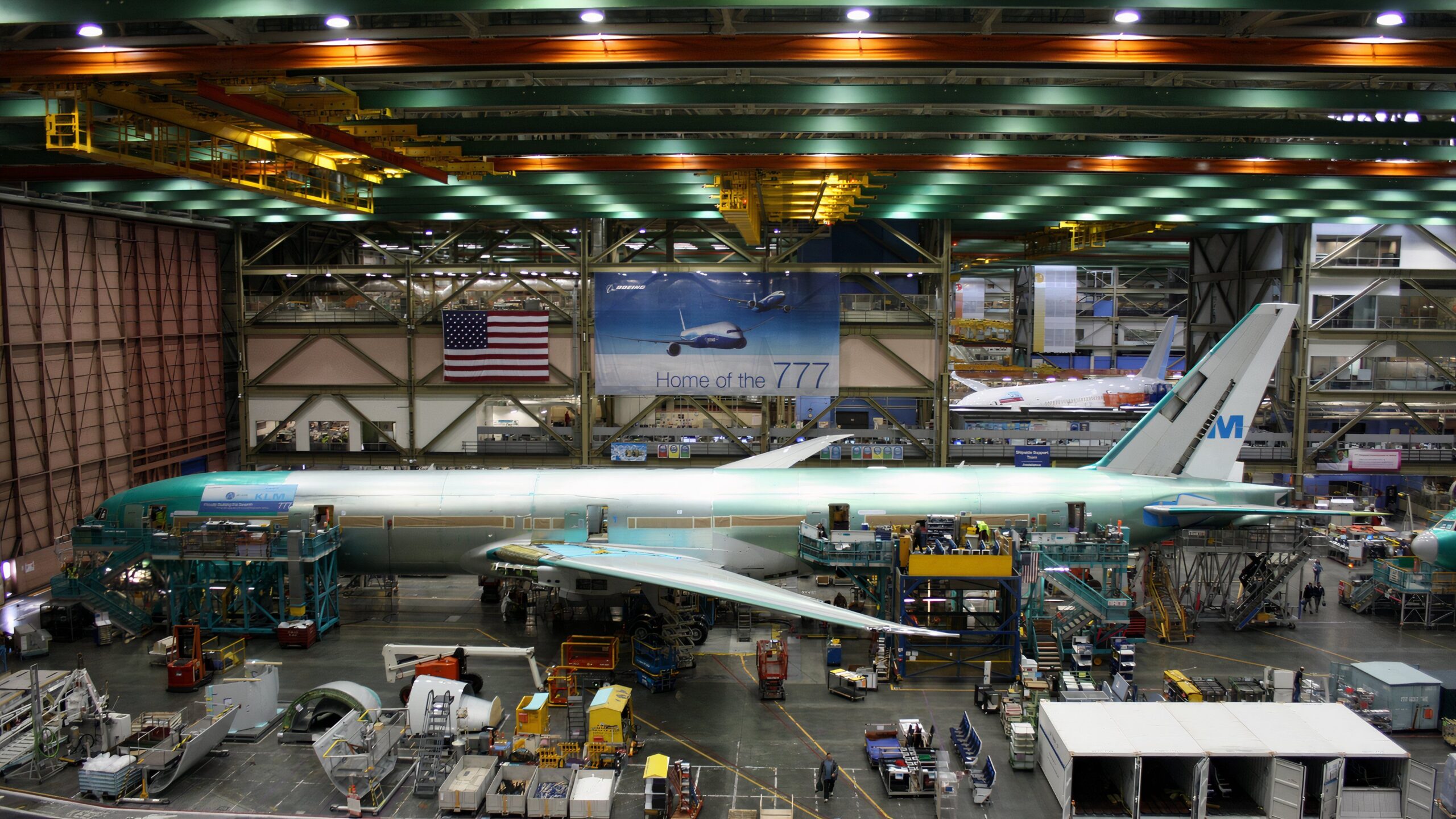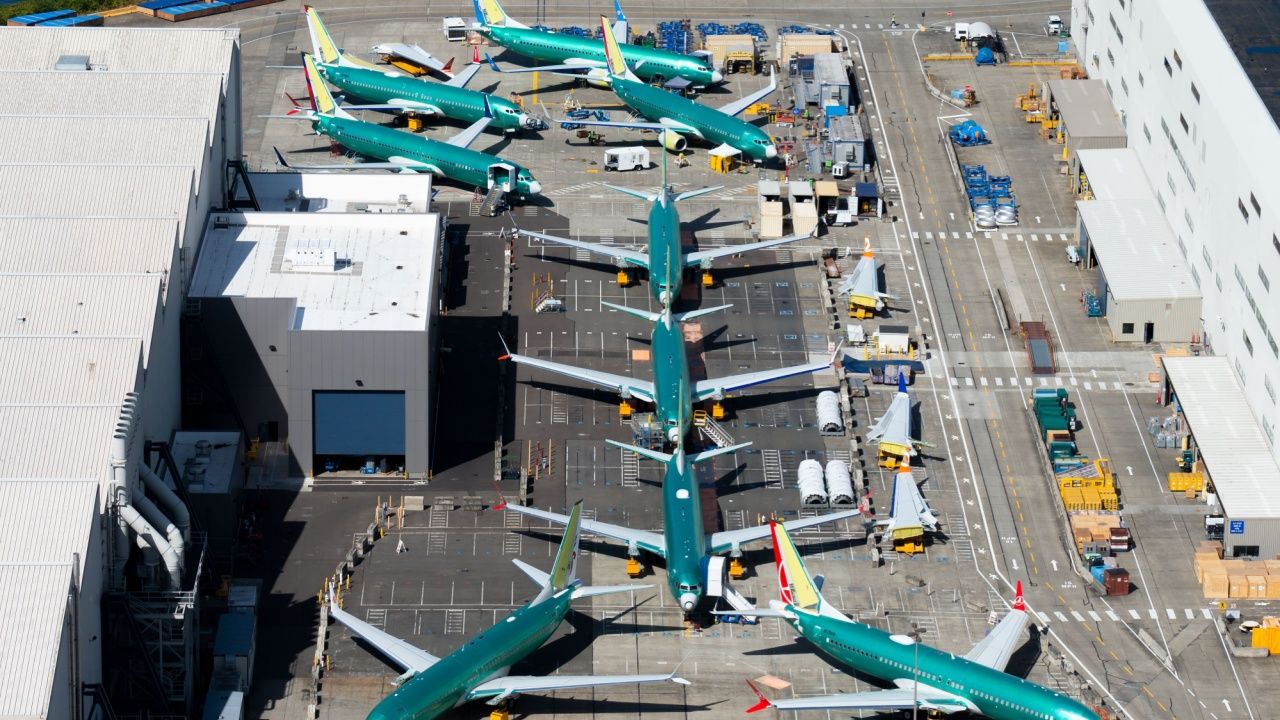In a disastrous result for Boeing on Thursday, around 33,000 of its employees rejected a four-year contract and will walk out at midnight. Workers in the Seattle and Oregon areas voted 94.6% against the tentative deal previously unveiled by Boeing and the International Association of Machinists and Aerospace Workers (IAM).
A deep well of anger
An even stronger rejection of the Boeing offer was that 96% of workers voted in favor of a strike, well beyond the two-thirds majority needed to carry that motion. Districts 751 and W24 of the International Association of Machinists and Aerospace Workers union, representing around 33,000 Boeing factory workers, announced its members voted 94.6% to reject the company’s contract offer and 96% for a strike. The union said the walkout will begin at midnight PT.
According to CNBC, IAM District 751 President Jon Holden characterized the actions as an “unfair labor practice strike.” He alleged that Boeing factory workers had experienced “discriminatory conduct, coercive questioning, unlawful surveillance, and we had unlawful promises of benefits.” For good measure, Holden added that Boeing needs to bargain in good faith.
If the proposed deal had been accepted, it would have been the first fully negotiated contract for the machinists in 16 years. In 2008, Boeing workers went on strike for nearly two months, setting the stage for the ongoing ‘labor wars’ at Boeing that blew up again last night.
The proposed deal included a 25% pay rise over four years and a commitment from Boeing to build its next commercial plane in the Seattle area if the project started during the contract’s lifetime. Boeing CEO Kelly Ortberg made a last-minute plea to the workers to accept the deal, telling them a strike “would put our shared recovery in jeopardy, further eroding trust with our customers and hurting our ability to determine our future together.”
The losses keep coming at Boeing
No period has been determined for the strike, but the union leadership and its members want to recover benefits that were previously stripped away and see their wages increased to account for inflation. One analyst estimated that a 30-day strike could be a $1.5 billion hit for Boeing, whereas the financial impact of the tentative deal would have been $900 million annually if passed.
Photo: Thiago B Trevisan l Shutterstock
Various reports suggest that Boeing has burned through between $8-$10 billion so far this year and is struggling with mounting debt. Production of the 737 cash cow is nowhere near expectations, and it is dealing with negative pressures from supply chain disruptions and labor shortages.
It is clearly not in a strong position to ride out a prolonged strike, but with such an overwhelming rejection of its offer, there seems little common ground on which to base negotiations. The BBC reported that Boeing made a brief statement after the vote:
“The message was clear that the tentative agreement we reached with IAM leadership was not acceptable to the members. We remain committed to resetting our relationship with our employees and the union, and we are ready to get back to the table to reach a new agreement.”
The union originally fought for a 40% pay rise and several other improvements to the employees’ employment package. Several observers and workers said Boeing’s 25% offer is inflated because it also eliminates an annual company bonus and fails to restore a pension.
One of the Everett employees told reporters that Boeing’s 25% claim is “misleading spin” and that his raise is only around 9% after Boeing dropped the annual bonus. Others were skeptical of the promise of producing the next new aircraft, calling it a “hollow” commitment as it offered no promises beyond the four-year contract.
It is only hours after the vote was taken, and no doubt a lot more will emerge on Friday, but right now the depth of anger towards Boeing from 33,000 workers must have rocked the aerospace giant. It will be an interesting few days ahead.


